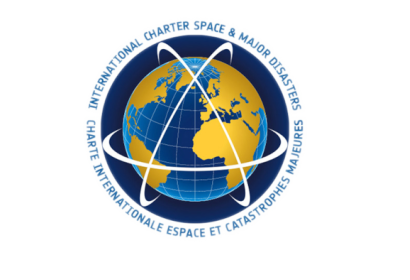Two decades ago, several space agencies joined forces to establish the International Charter Space and Major Disasters to support disaster response efforts worldwide, facilitating access to space-based information derived from satellite imagery. While members of the Charter facilitate access to satellite imagery, project managers and value-added providers process the imagery to generate relevant information on a timely basis, which is then provided to end-users including national disaster management agencies, United Nations organizations and Red Cross societies carrying out disaster response efforts.
In the year 2022, the International Charter incorporated the Charter Mapper, an on-line processing environment, to expedite the visualization of imagery provided during activations of the International Charter, and to facilitate its processing. Recognizing the need to enhance the skills of project managers and value-added providers engaged in activations, UN-SPIDER, the International Charter Space and Major Disasters, the German Aerospace Centre (DLR) and the Center for Remote Sensing of Land Surfaces (ZFL) of the University of Bonn joined forces to organize the “UN-SPIDER/DLR/International Charter/ZFL International Workshop: Use of the Charter Mapper during Activations”. The training workshop was held in the UN Campus in Bonn, Germany, from 18 to 20 July 2023, and brought together fifteen project managers and value-added providers from Algeria, Belarus, Colombia, Eswatini, Ethiopia, Germany, Madagascar, Nigeria, Sri Lanka, and South Africa, as well as the Doctors without Borders NGO.
The training course was carried out by experts from the European Space Agency, Terradue, Argans and the German Aerospace Agency. It allowed participants to enhance their skills using the Charter Mapper to process satellite imagery in case of floods, forest fires, earthquakes, and landslides. In addition, participants were able to provide feedback and useful suggestions to the experts from the International Charter.

